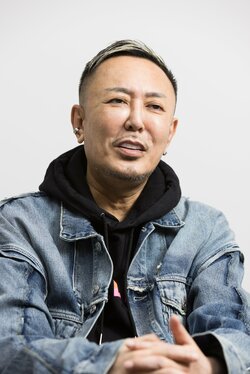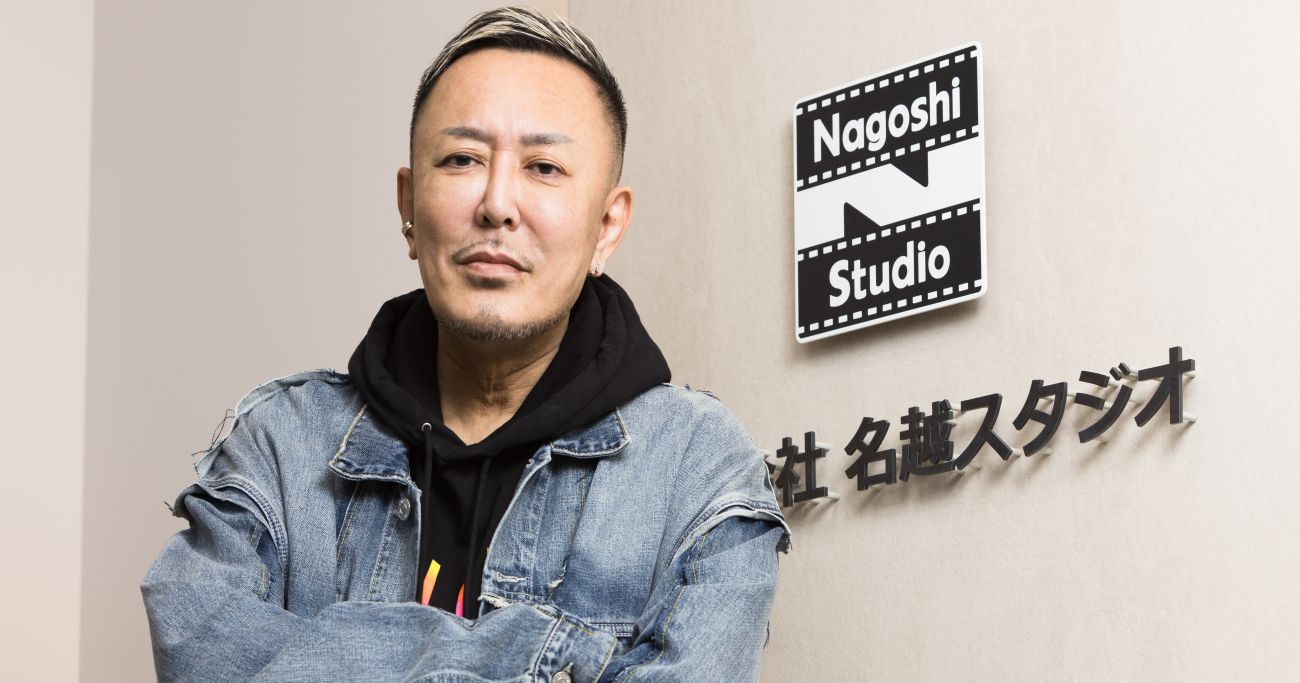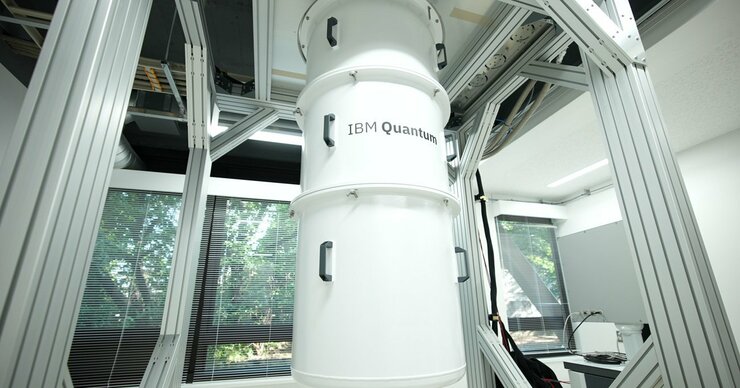Originally published in Japanese on Jan. 18, 2023
Chinese vs. Japanese companies
DIAMOND: Why did you leave Sega and go independent, accepting investment from NetEase?
NAGOSHI: The turning point was the review of the management system at the Sega headquarters, including its global strategy and the rejuvenation of the organization.
I take pride in being a creator, and I wanted to continue creating things. I also wanted to do some work different from what I had been doing at Sega for 30 years, and the most straightforward way to achieve that was to change my environment.
There were offers from Japanese companies as well, but looking at them I was able to guess what kind of work I would do even before joining the company. I could talk about leading-edge topics most with Chinese companies, and NetEase was the most enthusiastic one.
The people in the company analyzed their own strengths and weaknesses quite calmly, and they were honest that there were many things that they still lacked. I felt that there were many things that I could help with, and they guaranteed an environment that would allow me to work more freely than I expected.
DIAMOND: What are the differences between Chinese game companies and Japanese companies?
NAGOSHI: First, managers at Chinese companies are young. Most CEOs are still in their 40s. And they actually play a lot of games, so we can talk about why a game is so popular and why a game is fun to play, naming specific titles. These young managers have funds, delegate a lot of authority, and invest a vast amount of money at an overwhelming speed.
When you decide things in Japan, you make presentation materials, have meetings, and make requests for approval, which takes about one month in total. At NetEase, you talk in a videoconference, with the conversation going like:
“Are there any problems?”
“Recently, this has been happening, but it would be easier if we decided to do this.”
“Okay, let’s do that.”
Things are decided in a single day. Their sales are growing, so their management style is not wrong.
Also, there tend to be differences in thinking between managers and lower-level employees at most game companies, but at NetEase, their ideas are consistent. One of the companies that I strongly feel is like that is Nintendo, but NetEase is like a faster version.
Frustrated creators
DIAMOND: We now see fewer Japanese publishers in the lists of top-selling games around the world.
NAGOSHI: The absolute value of necessary investment in terms of people, things, and money to create a hit title is getting larger and larger. There is a fork in the road between tackling this issue head-on or trying to suppress it. In this sense, Japanese companies lack courage.
For example, let’s suppose you need to invest 2 billion yen ($15 million) to develop one game that will sell 1 million units. Japanese companies tend to think that “2 billion yen is a bit too ambitious, so let’s make two titles that need 1 billion yen and will sell 500,000 units each.” However, in reality it is often the case that titles that took 1 billion yen to develop sell only 100,000 units each, resulting in a significant loss, even though two titles were launched. If you really want to make a high-quality product, you must never reduce the budget from 2 billion yen. Not even by one yen. You actually should be brave enough to double the budget and aim for an even higher quality product.
In addition, the ratio of sequel titles is large at Japanese companies. There is definitely value in pleasing existing fans, but you cannot deny that making something new is the best way to hone employees’ skills and motivate them.
Fortunately, many people joined us after previously working on smash-hits, and they all say the reason for coming here is that they wanted to start something new.
 Toshihiro Nagoshi: Representative Director of Nagoshi Studio. He joined Sega Enterprises, Ltd. in 1989, and developed “Monkey Ball” in 2000. He was the general producer for all of the works in the “Yakuza” (Like a Dragon) series, launched in 2005, until 2021. He was promoted to a board member at Sega in 2011. He left Sega in 2021 and founded Nagoshi Studio that same year. Photo:Shun Nakamaru
Toshihiro Nagoshi: Representative Director of Nagoshi Studio. He joined Sega Enterprises, Ltd. in 1989, and developed “Monkey Ball” in 2000. He was the general producer for all of the works in the “Yakuza” (Like a Dragon) series, launched in 2005, until 2021. He was promoted to a board member at Sega in 2011. He left Sega in 2021 and founded Nagoshi Studio that same year. Photo:Shun Nakamaru
At many companies now it is difficult to make something new, even though a new title would be a springboard for any creator. Companies do not want to let go of people with strong skills, preferring to appoint them to the development of games that can be expected to sell well. However, being stifled at such a job and unable to start anything new, they are constantly frustrated, craving an environment that allows them to take on new challenges. I think this is the reality of the current environment for creative work in Japan.
That said, in 2022, there was the fantastic case of “Elden Ring” by FromSoftware of Japan, joining the list of the global best-sellers with 17.5 million units. It’s a very difficult game in which players die easily. Game planners nowadays rarely make that kind of game, but FromSoftware bucked the trend and made an attractive product with “Elden Ring.” You can clearly tell what the developer wanted to achieve with the product, and feel the passion of wanting to make a difference. You see, that is the kind of product that sells like crazy.
DIAMOND: What kind of trends do you expect to see in the game industry in the future?
NAGOSHI: Chinese companies will be a growing presence over the coming years.
Tencent invests in PlatinumGames (*1) and Marvelous (*2). In addition to my company, NetEase invests in companies owned by Mr. Goichi Suda (*3) and Mr. Hiroyuki Kobayashi (*4). And this is still only the beginning. There are countless other investment schemes developing behind closed doors.
NetEase studied and developed the skills of its employees by subcontracting the development of major titles in the U.S. and Europe at a low price, and it invests from a long-term perspective of five to ten years. The company’s turnover is larger than Nintendo’s, and its creators can try new things that are difficult to achieve at major Japanese companies. However, they are not expecting to sell their products in China. They say, “We’re going to come up with the money, so you sell the games in Japan, the U.S., and Europe.”
In the near future, I would not be surprised if most Japanese game companies become subsidiaries of Chinese investors, and only major companies like Sega, Nintendo and Square Enix remain. Or maybe even those major companies are not so stable, and there may be a future where the only Japanese game company that survives is Nintendo.
Creators cannot do anything without money, and they can only work when someone protects their creativity. Japanese people may have mixed feelings about the situation where that kind of lifeline is held by China. And I think we are entering a phase where Japanese companies will be put to the test; how will they see this critical situation and try to overcome the problem?
It boils down to whether you just sit and watch the situation with envy, or whether you make a move. At the end of the day, staying on the safe side is not exciting. An environment where you can aim at making something original makes you simply happy, but even in such environment, top management often hesitates to let you take on something challenging.
I think what is important is to tackle challenges properly, in any size project within a company, because that is the intrinsic value of entertainment. “Yakuza” was also made by taking on a challenge head on, so it achieved a good outcome.
I have made many games, even before “Yakuza.” Some of them were pretty popular, and even more profitable than “Yakuza,” but those achievements have been pushed aside by that series. I am now known simply as the guy who made “Yakuza.” It was probably the challenge entailed by that game that differentiated it from products that made more money.
DIAMOND: What kind of product is scheduled to be the first title launched by Nagoshi Studio?
NAGOSHI: I’ve been working on “Yakuza” and its various spinoffs for a long time, and I think stories about people are always interesting, so I want to pursue entertainment based on that concept.
Looking back at the time when I was working on “Yakuza,” my way of thinking was a bit like, “Don’t worry about women. They don’t need to play this.” So the ratio of male and female players for the first title of the series was about 98 to 2. Now, women account for 25% to 30%. Sales were also mostly in Japan at first, with only a few overseas sales, but now the majority of sales are made abroad. There were many things that developed in unexpected ways.
With the new studio’s first title, I am targeting the global market, so I am getting advice from many perspectives, including marketing from people outside the company. I want to get a wider variety of advice, because I feel that there are hidden hints among it that I have not noticed yet. That is what I want to achieve with this studio. There are so many things you can learn from other companies and outside people.
As a matter of fact, I accepted a subcontract from Nintendo when I was working at Sega. People were surprised and asked me why, but I really wanted know about the working practices at Nintendo. I was wondering, “Why do their games sell so well? What are their workflow and screening standards like? What kind of meetings do they hold at which stages, and what is decided and how?”
After actually experiencing the process of those meetings, I realized that the process was not so different from that at Sega. But the conversations held during the meetings were completely different. I really understood that what is important is, after all, what kind of discussions take place, or who talks about what kind of topic. That realization made working with them for a little more than a year well worth it. What I learned on that occasion will possibly be useful from now on.
DIAMOND: What kind of year will 2023 be for the game industry?
NAGOSHI: The sense of danger with respect to COVID-19 is starting to diminish to some extent. I think entertainment will also change accordingly. We first said that games sold well thanks to demand stemming from the pandemic, but that was an illusion. From now on, the kind of products that will sell well will depend on the mood of the times.
Maybe 2023 will be a time of preparation, with fewer major titles and prominent movements within the industry. However, I think it will be the year that leads us toward other challenges, such as overcoming the investment by China, as I mentioned earlier, positioning Japan in the global market, or breaking out of the undesirable state in which Japanese game publishers launch only sequels to popular titles.
I am willing to continue such challenging work, and I want to invite other Japanese companies to join in that challenge too.
Glossary
*1 PlatinumGames: Developer of series such as “Bayonetta” and “Nier: Automata”
*2 Marvelous: Developer of titles such as “Rune Factory”
*3 Goichi Suda: CEO of Grasshopper Manufacture, Inc. The company used to be a subsidiary of GungHo Online Entertainment, Inc. He is known for works such as “No More Heroes.”
*4 Hiroyuki Kobayashi: Served as a producer for titles such as “Resident Evil,” “Devil May Cry,” and “Sengoku Basara” at Capcom.
(Originally written in Japanese by Yoko Suzuki, translated into English by Erklaren Inc., and edited by Connor Cislo)











